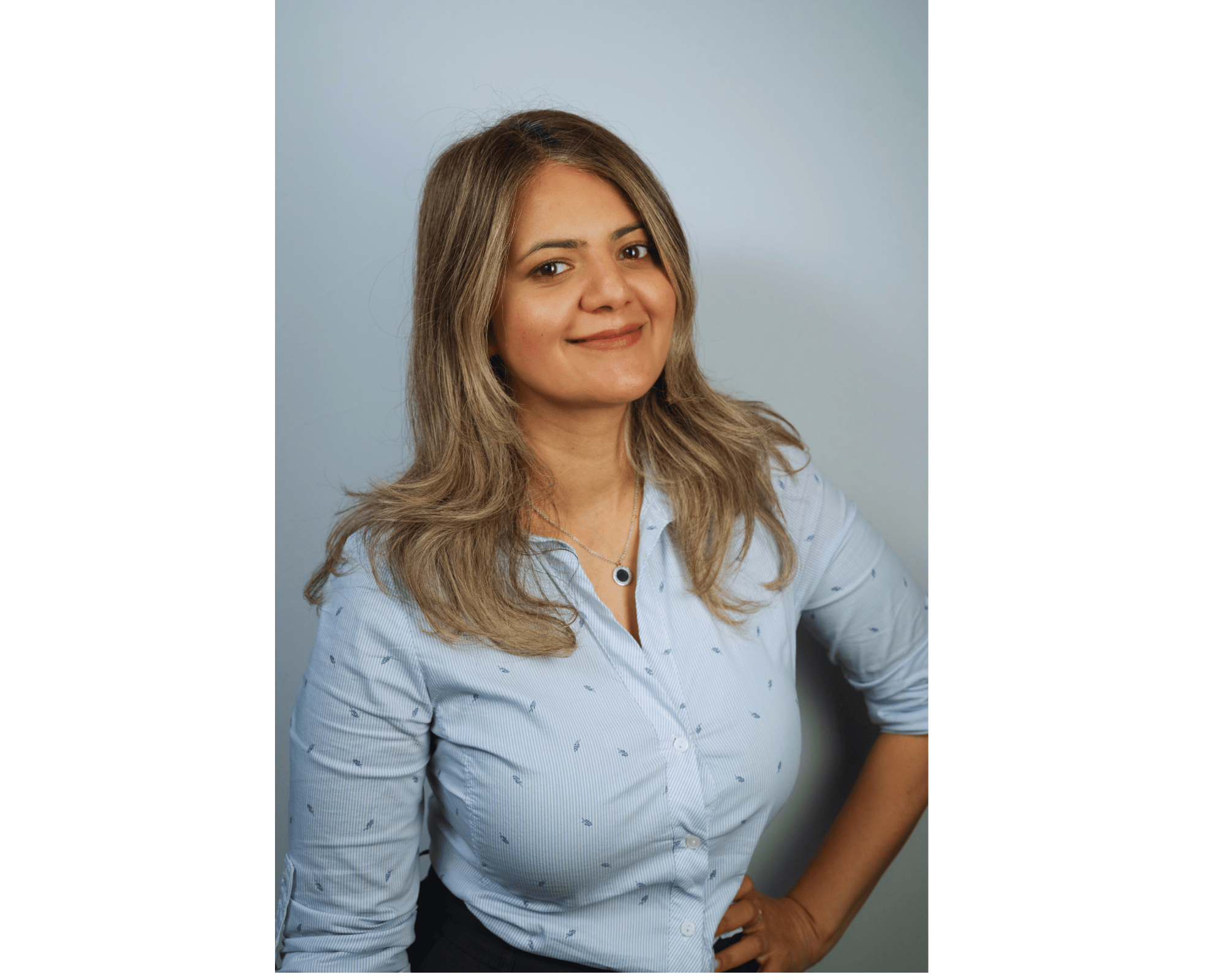About Us

What We Do
We are a charity aimed at supporting refugees and asylum seekers from new emerging communities across North West England. We have a range of services aimed at addressing cultural issues affecting the health and wellbeing of predominantly African immigrant families. Since 2012, our focus shifted to combating Violence Against Women and Girls, particularly gaining recognition for our work against Female Genital Mutilation (FGM).
Our Vision
Our vision is a world where everyone feels valued, heard, and respected. We treat every individual with dignity and ensure their voices are heard.
Our Pledge
At NESTAC, we pledge to stand for the rights of our clients. We will advocate, raise awareness, and work for policies that protect their safety and dignity. We stand with women and girls by creating safe, supportive environments, amplifying their voices, and ensuring their rights are upheld.


%402x.svg)


.png)



